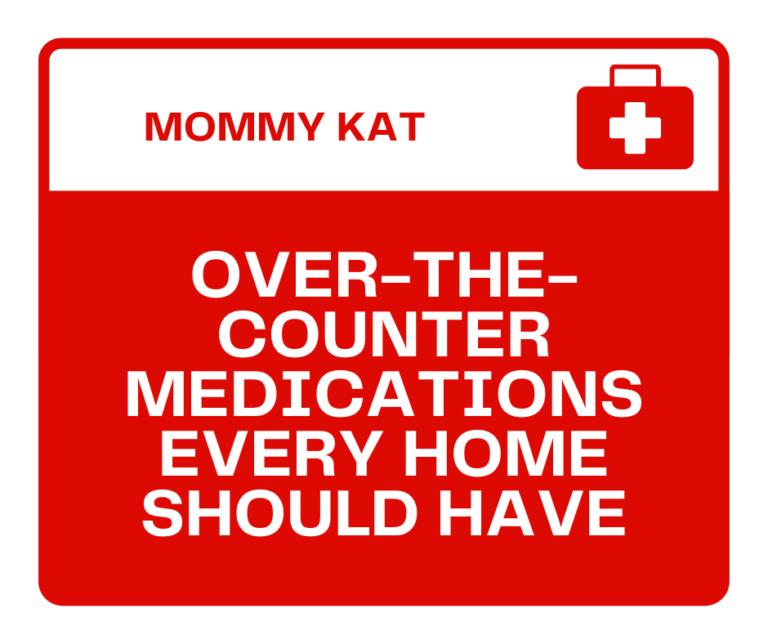If you have aging parents, you probably feel obligated to make care decisions for them, and planning ahead can make the process easier. Palliative care staff in Los Angeles warn that waiting until an emergency happens could make decisions more stressful so you should think about the options available for your loved one ahead of time. Doctors and nursing staff at a hospice facility in Pasadena or Los Angeles offer caring and compassionate services that help to accommodate families to this new phase of life.
Arrange a Family Meeting
You have to talk about senior care and end-of-life care with your parents at a hospice facility in Los Angeles or Pasadena. This is usually the first step to making these types of huge life decisions. If numerous adult children are present, it may be best to discuss which child should begin the conversation about senior care and hold a family meeting with all the adult children when the subject is touched on.
Palliative care professionals in Los Angeles say that the focal point of a family meeting about senior care should be on figuring out the aging parent’s wants and how to carry out those best. Do not ignore your parent’s wishes, and ask questions to help figure out what problems are the most crucial. For pensioners, staying in a familiar environment is paramount. In contrast, others may find more importance in having social connections than familiarity and want to reside in an assisted living community.
The sooner you have this meeting with your parents, the more they will be able to be instrumental in the discussion and make their wishes known. Also, you should organize a schedule to regularly review these decisions with your parents in case they want to change their mind afterward about some phase of their future care.
Plan for Senior Housing and Care
As your parents mature, palliative care staff in Los Angeles tell us that their strength in carrying out activities that they would routinely do will eventually become very limited. Talk about various housing options with your parents, and be pragmatic about the type of care you can offer. Many seniors would rather live at home as they age, which is usually what will happen to elderly relatives who do not require specialized medical care.
Before deciding between senior housing and care options, you have to get down to brass tacks about your parent’s ability to live independently. Some seniors may only require a helping hand with household chores, while others require medical monitoring 24 hours a day. As your parents grow feeble, their needs will change, so think about what your parent might need in the future, not only what they need today.
Suppose your parent(s) have been diagnosed with Alzheimer’s disease or another form of dementia. In that case, they may need continuous memory care as the condition progresses. In contrast, seniors who have gone through a medical disability related to a broken bone or a stroke may require more help for a short period but could go back to independent living when the condition clears up. Some elderly persons may need some assistance with transportation to medical appointments or social activities. Others may need help with home maintenance tasks or garden chores. Finding out what exactly your aging parent needs helps you to figure out the level of care and assistance you may have to offer.
If your parent has stated they want t stay at home through the end of life, work out who will act as the primary caregiver if help becomes necessary. You may want to split up caregiving duties between adult children or hire a paid caregiver to work full-time or part-time in the home. In some instances, the home itself may need changes, such as wheelchair ramps or bathroom grab bars, to help your senior relative carry on to move openly throughout the house.
If you have parents that need more help than an in-home caregiver can give, a nursing home or memory care facility could be a better option. Assisted living facilities are a good alternative for seniors who require assistance with routine activities and wish to live independently in an environment where they can also mingle with other seniors.
Set Up Paperwork for Aging Seniors
Senior care usually consists of paperwork, so getting these things prepared for your parents should be your number one goal. These include advance care directives, wills, and papers that assign a health care proxy are some of the legal documents your aging parents might have to sign. Having only one health care proxy who makes all the necessary medical decisions for the aging parent is vital because it guarantees that the parent’s wishes get carried out even if the senior is undermined and can’t speak on their behalf.
It would help if you also considered financial paperwork for seniors. As adult children, you can help your aging parents set up their finances to find out how to pay for end-of-life care. You may want to appoint a particular family member to help manage your aging relative’s insurance plans, retirement income, and household bills. Being ahead of financial issues can lower overall expenses in the long haul too.
Please do your best to keep all of the critical paperwork for end-of-life care and financial management organized in one place so it’s easy to find. Include personal paperwork, such as marriage certificates, birth certificates, and military records, in the same file for easy access. If your parent is not yet convinced about some of the conditions of senior care but will probably need them in the future, also collect brochures and lists of resources so that the information is readily available for them when the time comes.
Thinking About End of Life Care?
A vital decision that you and your aging parents may have to make is when to move from going ahead with treatment options into palliative or hospice care. When a senior goes into hospice care, treatments for specific conditions are stopped, and care becomes focused on comfort and quality of life. When you first talk about senior care with your parents, raise this subject to make up their minds when they would consider transitioning to hospice care.










